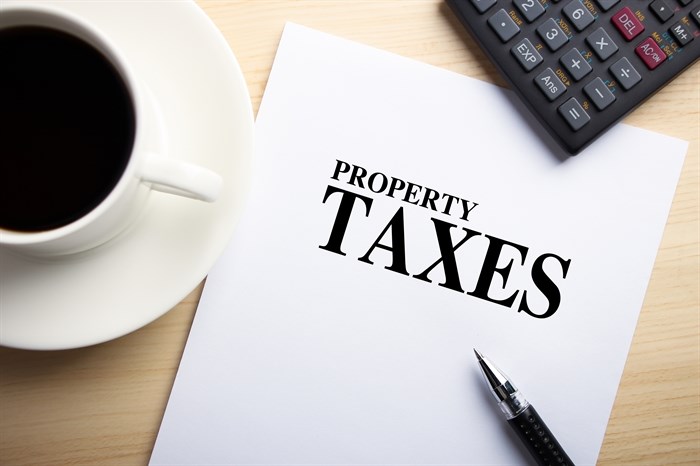
Image Credit: ADOBE STOCK
December 06, 2018 - 5:30 PM
LAKE COUNTRY - As city councils throughout the Interior tackle their draft budgets for 2019, taxpayers cringe at the thought of yet another hit to their pocketbooks.
But, what would happen if councils just said no to tax increases? Would your world fall apart?
Lake Country released its proposed 2019 budget yesterday, Dec. 5 that called for a 3.8 per cent tax increase, along with 4.9 per cent hike for a new fire hall approved by referendum. That’s a total hit of a whopping 8.7 per cent or about $160 for the average homeowner.
Not too many governments would dare ask for such a tax hike but a closer look at the numbers casts a light on the unique challenges facing all municipalities.
Since Lake Country's fire hall levy was already approved by voters, let’s take a look at how the district's council might knock the 3.8 per cent general tax increase to zero.
Not that Lake Country council is talking about a tax freeze. But the budget documents do give some insight into how the mere mention of an increase can blind taxpayers to the realities local governments face when debating budgets every year.
By drilling down into the budget a bit, it’s clear the first and easiest cut would be the 1.8 per cent that’s designated for a transportation reserve fund. This is the final year of a three-year plan to increase taxes to cover the cost of renewing and improving local roads.
Certainly the world would not end by delaying the increase for a year. It would just mean falling further behind and having complaints increase about shoddy roads. In the end, the tax increase will be needed and, by delaying, it may need to be even higher in the future.
That leaves two per cent as a general tax hike, which is below the predicted 2.5 per cent increase in the cost of living for 2018. So, the good news for Lake Country residents is their "real" tax increase is below the rate of inflation.
But is that a good thing as the costs of services – and especially the cost of construction – goes up by as much or more than the Consumer Price Index?
The two per cent increase will bring in about $205,000. Could it go even lower?
Well, there are certain constraints.
Staff wages will go up 1.5 per cent because of an increase already negotiated.
A new road maintenance contract will see a net increase of $83,000.
A Health Tax of 1.95 per cent of payroll is being assessed to all municipalities as the province phases out MSP premiums for individuals.
Increased growth means more staff (four) and RCMP (one officer) need to be hired. Policing costs will likely go up significantly following the 2021 census when Lake Country’s population is expected to pass 15,000, at which point they have to pay 90 per cent of policing costs instead of the current 70 per cent.
Reserve funds are about $1 million short of where they should be but no tax increases are being made this year to close that gap. Those will certainly follow in future years.
New growth is projected to bring in more tax revenue ($300,000) than the general tax increase ($205,000).
In the budget, those dollars are earmarked for things like more money for the tourism centre ($15,000) Arts Council ($8,000), four new staff members ($466,000) and another RCMP officer ($82,000 for part of the year).
By imposing the general tax increase, these items to be funded by new growth. Without the base tax increase, most of these additions – deemed necessary because of growth in the city – would likely be dropped just to pay the basic costs of running the municipality.
While councillors do have choices to make on how many tax dollars they collect, those decisions have to be balanced against some harsh realities.
Lake Country is opening a public input portal on its website later this month through to early February 2019 so taxpayers can voice their opinions on whether council and staff are making the right decisions.
Even without a formal call for public input taxpayers need to know that the provisional budget decisions councils make in the next few days or weeks are just that: provisional. Final figures are not set until the spring and councillors are always open for input.
To contact a reporter for this story, email Rob Munro or call 250-808-0143 or email the editor. You can also submit photos, videos or news tips to the newsroom and be entered to win a monthly prize draw.
We welcome your comments and opinions on our stories but play nice. We won't censor or delete comments unless they contain off-topic statements or links, unnecessary vulgarity, false facts, spam or obviously fake profiles. If you have any concerns about what you see in comments, email the editor in the link above.
News from © iNFOnews, 2018